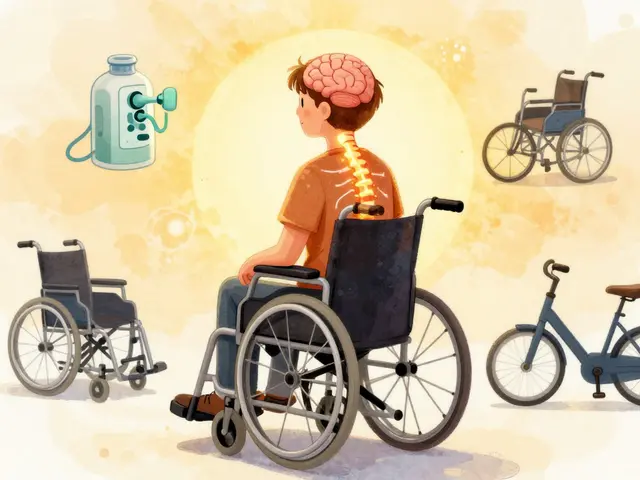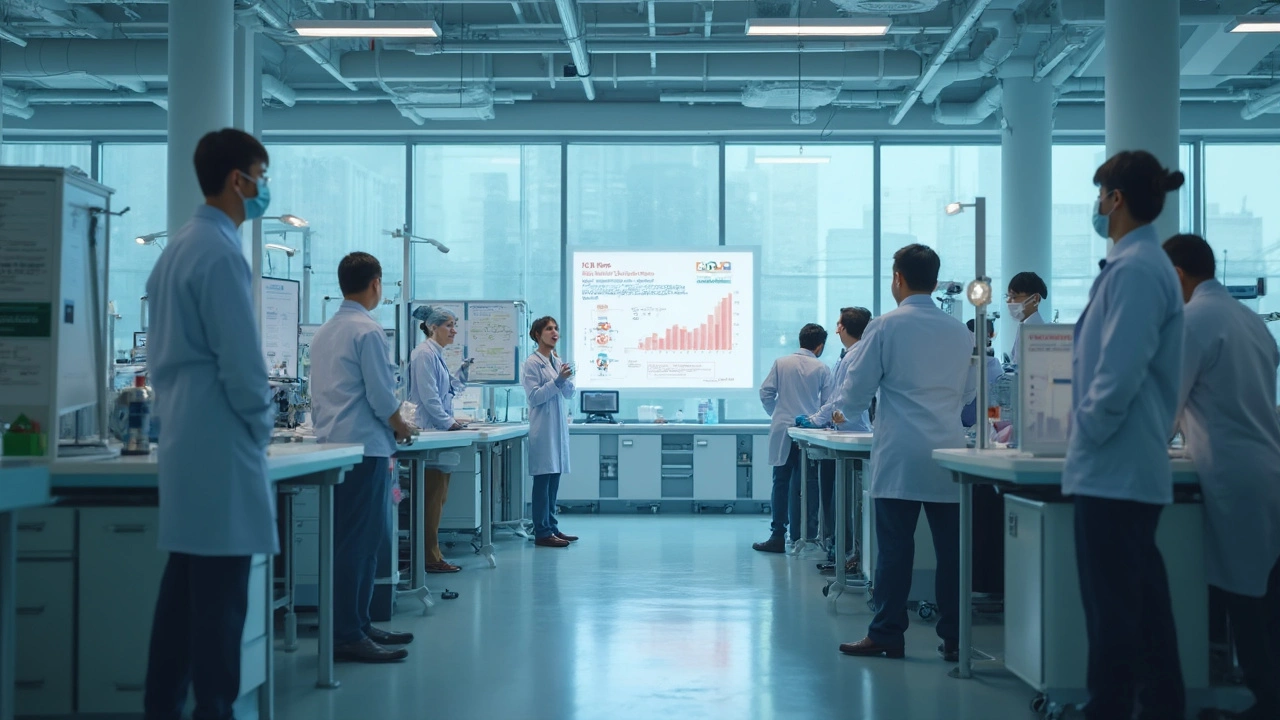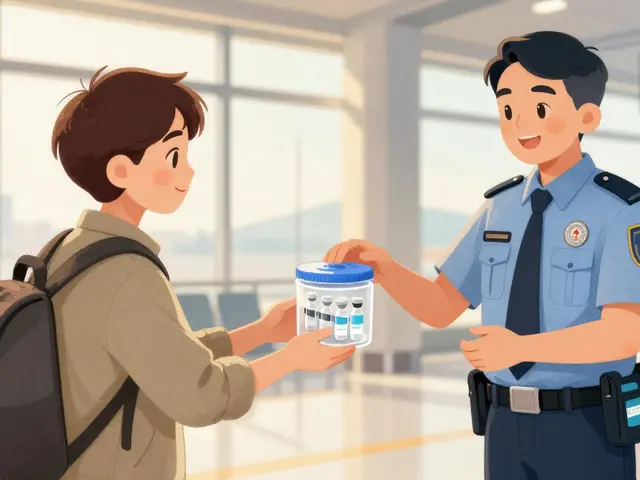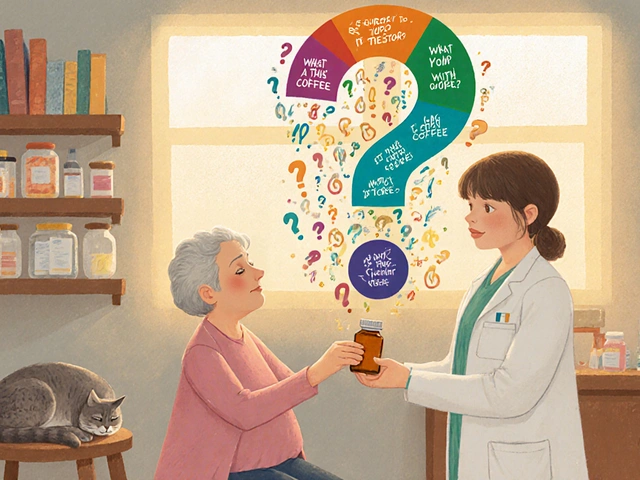Gastroparesis treatment: what actually helps your stomach empty faster
If your stomach feels slow after eating, you might be dealing with gastroparesis. The goal of treatment is simple: ease nausea, cut down vomiting, help food move through, and keep you nourished. There’s no one-size-fits-all fix, but a mix of diet changes, medicines, and procedures usually gets most people back to a more normal life.
Diet & lifestyle changes that make a real difference
Start with food—small moves here often help the most. Eat smaller meals more often (4–6 small ones) instead of three big plates. Choose low-fat foods and avoid high-fiber items like raw vegetables, nuts, and seeds because they slow emptying. Soft, well-cooked veggies, purees, soups, smoothies, and puddings are easier to digest. Liquids empty faster than solids, so protein drinks or meal replacement shakes can be lifesavers on bad days.
Chew well, sit upright while eating, and stay upright for 30–60 minutes after meals. Light walking after eating can help trigger digestion. If you have diabetes, tighter blood sugar control helps a lot—high glucose makes stomach emptying worse.
Medical and procedural options
Medications that speed the gut (prokinetics) are often tried first. Metoclopramide (Reglan) can help nausea and speed emptying but can cause movement side effects if used long-term. Domperidone works similarly and is used in many countries, though it’s limited in some places due to heart-related risks. Short courses of erythromycin can boost motility, but it tends to lose effectiveness after a while.
Antiemetics—ondansetron, promethazine, or prochlorperazine—can control nausea while you address the cause. Talk with your doctor about side effects and interactions; every drug has trade-offs.
When meds aren’t enough, procedures are the next step. Gastric electrical stimulation (a small pacemaker for the stomach) can reduce severe nausea and vomiting for some people. Endoscopic pyloromyotomy (G-POEM) and botulinum toxin injections to the pylorus are newer options that can help open the exit of the stomach. In very severe cases where oral intake isn’t safe, a feeding tube (jejunostomy) may be needed to get nutrition into the small intestine.
Work with a GI specialist and a dietitian who know gastroparesis. They’ll help pick the right meds, check for underlying causes (like diabetes or medications that slow the gut), and decide whether a procedure makes sense. If you suddenly can’t keep anything down, have weight loss, severe dehydration, or blood sugar swings, get medical care right away.
Small, practical steps—simpler meals, careful meds, and close follow-up—usually lead to better days. You don’t have to accept constant nausea; with the right plan, most people can reduce symptoms and stay nourished.
9
8 Alternatives to Motilium: Exploring New Options for Managing Digestive Issues
Discover viable alternatives to Motilium for those seeking options to manage digestive issues like gastroparesis. This article provides insights into a new front-runner, Relamorelin, with details on its effectiveness, benefits, and drawbacks. As Motilium users look for safer or more accessible alternatives, finding the right fit is crucial. Gains in research offer fresh prospects, while understanding each option thoroughly helps make informed choices on managing symptoms effectively.
Latest Posts
Popular Posts
-
 Stinging Insect Allergy: What Venom Immunotherapy Really Does for You
Stinging Insect Allergy: What Venom Immunotherapy Really Does for You
-
 Spinal Cord Injury: Understanding Function Loss, Rehabilitation, and Assistive Devices
Spinal Cord Injury: Understanding Function Loss, Rehabilitation, and Assistive Devices
-
 Magnesium Supplements and Osteoporosis Medications: What You Need to Know About Timing
Magnesium Supplements and Osteoporosis Medications: What You Need to Know About Timing
-
 Duloxetine and Liver Health: What You Need to Know About Hepatotoxicity Risk
Duloxetine and Liver Health: What You Need to Know About Hepatotoxicity Risk
-
 Celiac Disease: Gluten-Free Living and Nutrient Supplementation
Celiac Disease: Gluten-Free Living and Nutrient Supplementation



